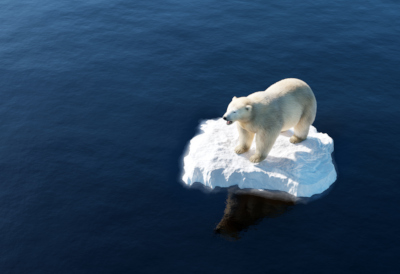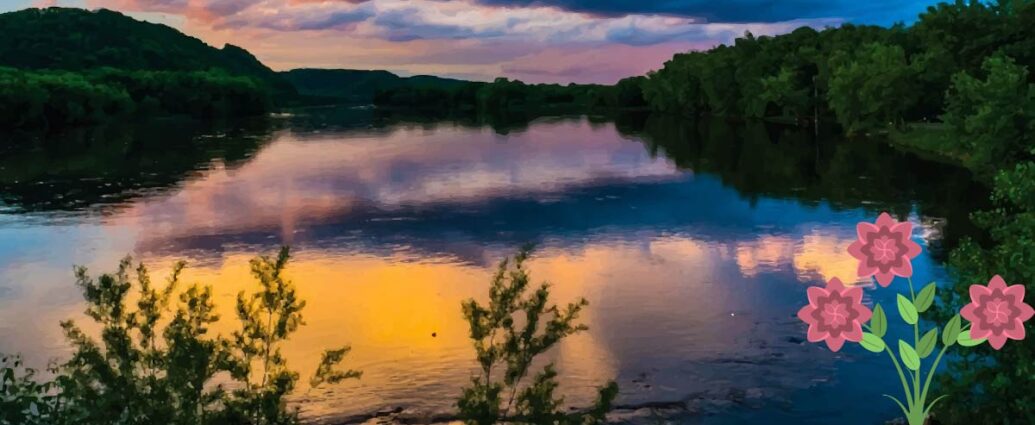RATIONALITY & FACTS
 RATIONALITY: What is is, Why is seems scarce, Why it matters
RATIONALITY: What is is, Why is seems scarce, Why it matters
–Steven Pinker
Seeing an interview with Steven Pinker led to this recommendation of his new book; “Rationality, What it is, Why is seems scarce, why it matters”. Because there seems to be quite a lot of opinions these days, and less so facts, this book is a timely reminder to find the place in our heads and hearts to accept the reality of both difficult and joyous facts of our history, the present day, and in our lives. Great read to kill the panic within, and bring us back from the edge. Now get up, we have work to do–don’t be a denier or a doomer of important issues in our world. Every generation needs to take action and not give up. It is now our time.
FICTIONAL METAPHOR OF OUR TIME
 1984
1984
–George Orwell
The book that keeps on giving. Written in the 1930s, during the depression, 1984 was George Orwells’ chilling prophecy about the future. In this instance, the book illustrates a dystopian view of “big brother” watching, controlling and leaving much of the population entrapped in doing its bidding. Understanding this world, will shock you how far we have our own dystopian future possibilities. A suggested read for many High School and Colleges, and brilliant for it’s time as a parable of understanding, it suggests for today not as much about government (do gooders and politicos of all stripes are working hard NOT to let “big government rule–and I would suggest, for vastly differing reasons), but consider the behemoth’s of our times–Facebook, Insta, et al.
- Nominated as one of America’s best-loved novels by PBS’s The Great American Read •
“The Party told you to reject the evidence of your eyes and ears. It was their final, most essential command.”
YES IT CAN HAPPEN HERE
 It Can’t Happen Here
It Can’t Happen Here
–Sinclair Lewis
It Can’t Happen Here is the only one of Sinclair Lewis’s later novels to match the power of Main Street, Babbitt, and Arrowsmith. A cautionary tale about the fragility of democracy, it is an alarming, eerily timeless look at how fascism could take hold in America–and it is eery because we are witnessing, and partaking, in similar behavior in 2021.
Written during the Great Depression, when the country was largely oblivious to Hitler’s aggression, it juxtaposes sharp political satire with the chillingly realistic rise of a president who becomes a dictator to save the nation from welfare cheats, sex, crime, and a liberal press.
Called “a message to thinking Americans” by the Springfield Republican when it was published in 1935, It Can’t Happen Here is a shockingly prescient novel that remains as fresh and contemporary as today’s news. (From the bookseller Overview & Summary)
WEBSITE ADVICE TO EMBRACE
 NRDC Website: How to have tough conversations about Climate Change
NRDC Website: How to have tough conversations about Climate Change
NRDC is a treasure trove of advice, facts, and reality about all things climate related–policies, facts, advocacy and advice in going forward and getting involved. A great read. Buckle up for both inspiration on how to resolve our current world threatening calamities.
As climate advocates, it can be disheartening—or downright infuriating—to debate with a climate change denier. Same goes for the doomers. Those feelings are amplified when we’re talking to someone we know and love, rather than an anonymous commenter on social media. But shifting the tide of public opinion—one neighbor, aunt, or family friend at a time—is crucial to helping steer the climate action ship in the right direction. Here are a few tips to better navigate these tricky convos. (And stay tuned for more: In the coming weeks, we’ll give you ideas for getting the dialogue going with everyone from kids to legislators.)
Establish common ground.
 Start by talking through what unites you. Yes, your opinions may wildly diverge, but it’s likely that you’ll both want to arrive at the same place, like a healthy future for the next generation or a world where we can still find joy in nature. By starting with what you agree on, no matter how small, you build up goodwill and develop important context before diving into opinions that don’t align.
Start by talking through what unites you. Yes, your opinions may wildly diverge, but it’s likely that you’ll both want to arrive at the same place, like a healthy future for the next generation or a world where we can still find joy in nature. By starting with what you agree on, no matter how small, you build up goodwill and develop important context before diving into opinions that don’t align.
Give each other grace.
Yep, this one is hard. But being charitable from the outset and extending the benefit of the doubt allows you to focus on learning in this situation rather than trying to explain to someone why you’re right. It can be helpful to say explicitly: “I know you have good intentions. I just want to understand you better.” This statement changes the dynamic, helping move out of gridlock and into understanding.
Remember that a conversation is more than words.
Your posture, tone, and choice of words all help to communicate your point and should reinforce your goal. So be mindful of anything that appears dismissive or hostile—like raising your voice, being sarcastic, talking over one another, or abruptly ending the conversation. If you can, walk and talk. Psychologists have found that strolling together promotes a mindset that’s conducive to resolving interpersonal conflicts.
Avoid one-and-done conversations.
Don’t try to cram an entire thesis on climate change into a single conversation. (Though if you’d like to offer your friend or family member a crash course, our “Global Warming 101” is a good place to start!) Assuming you have an ongoing presence in someone’s life, feel comfortable revisiting topics when they come up naturally and build a steady, long-term trajectory of understanding.
Keep up the faith—this is a worthwhile pursuit.
Not only is the work of constructively arguing a part of deepening your relationships, but it’s also a part of healing our planet. In case you or your friend could use a reminder of what we can achieve when we work together, remember these recent climate victories:
- The takedown of Keystone XL, which would have sent more than 800,000 barrels of tar sands crude each day from Canada to Nebraska
- The protection of Bristol Bay against one of the most widely condemned development projects anywhere
- The abandonment of the Atlantic Coast Pipeline by its developers
- The closure of Limetree Bay in St. Croix, one of the world’s largest and dirtiest oil refineries
NRDC works to safeguard the earth—its people, its plants and animals, and the natural systems on which all life depends. This excerpt is a great suggestion (in these days of the wild west of communication–where too often we shoot first and ask questions later…) from the NRDC regarding talking to your friends about Climate Change, and what we can do about it.
Check out their website for all things climate and science.

